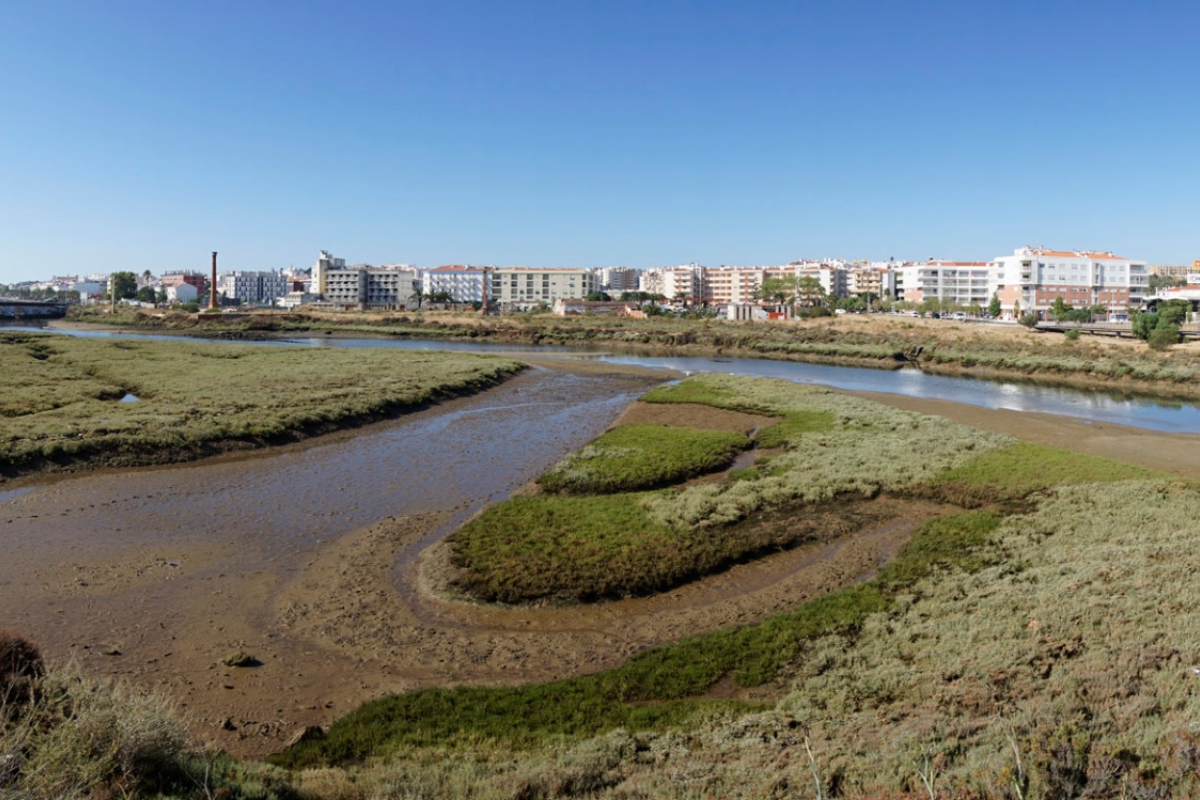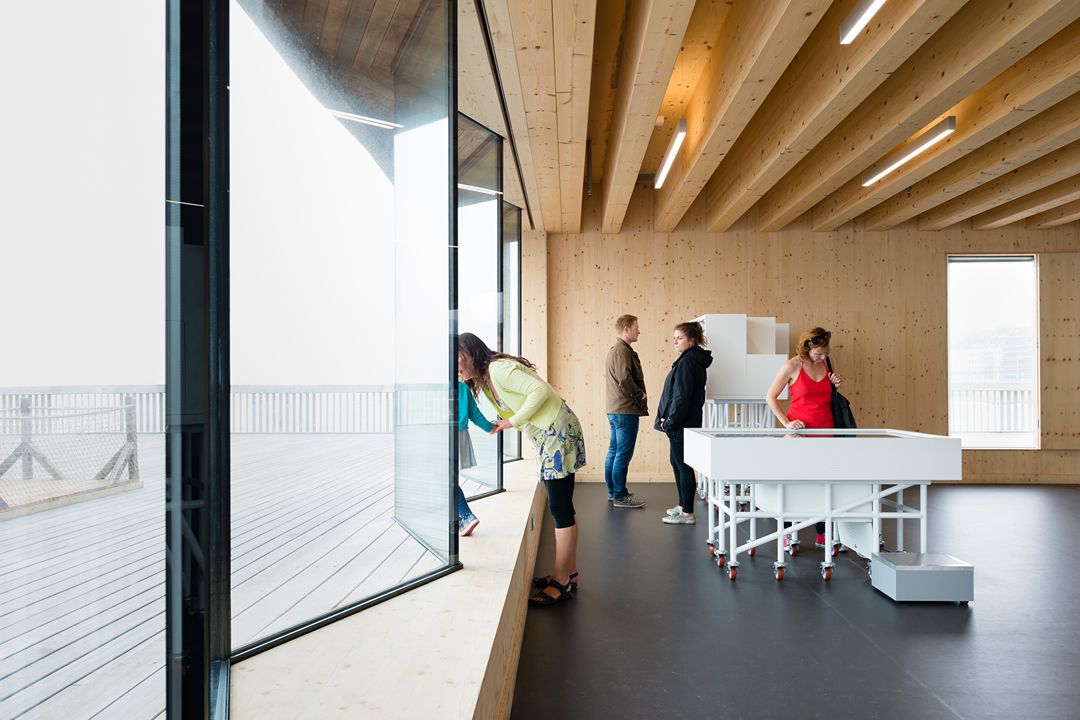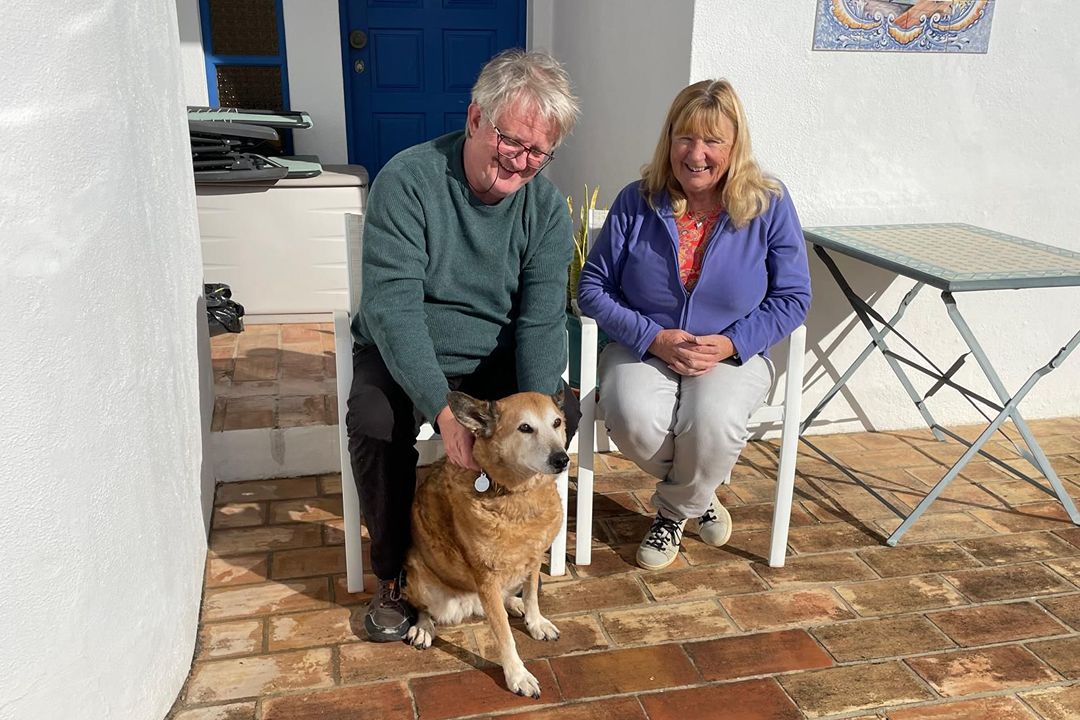Just beyond the western jewel of Aljezur on Portugal’s southwest coast lies the minuscule farming enclave of Rogil. Population: 1,165 (2021). It’s the type of one street cowtown that if you blinked going past, you’d miss it.
Tucked off the main road beside some low-rise townhomes and a solitary build project that looks as if progress is non-existent lies the Mushroom Compadres warehouse. Originally an Anglican church and later a failed grocery store, it sat empty for years.
But for entrepreneur Skeets Rapier, a man with a history of transforming abandoned buildings into urban renewal projects, it was the perfect locale. “It was a giant concrete box with acoustics so terrible you could barely hold a conversation,” he says with a smile. But he saw the potential.

With his Venezuelan partner Manuel Gonzalez, he started trying to cultivate in 2021. It has taken years to “get it right”, but now the mushroom business and its sister project, a market farm just south of Aljezur in Alfambras, are both beginning to flourish.
Today, with its maze of temperature-controlled rooms, freezer boxes, water storage tanks, thermometer-laden pipes and stainless steel vats, you would never guess the Mushroom Compadres building was once a single space.
This former stone slab is now an incubator for a complex and incredible factory of growth. At the entrance, the small glass storefront has shelves lined with a wide variety of tinctures in dark glass bottles, ‘be smarter’ mushroom chocolate, Koji chili oil infused with mushrooms, gourmet coffee and mushroom blend, powdered supplements made with ground mushrooms, and homemade mushroom preserves pickled with carrots and onions.
Bags of layered substrate line the back wall above silver canisters used for storing extractions. Fresh shiitake and oyster mushrooms the size of soccer balls are delicately packed into plastic crates. Several industrial scales fill an entire countertop. A small hanging rack on the back wall sports a few colourful t-shirts and some scarves that look handcrafted. One employee weighs mushrooms for a restaurant in Sagres. Another sits carefully pasting bright orange stickers with branded font reading ‘Grey Oyster Escabeche – Marinated Mushrooms’ onto a long row of glass jars. With its card table setup and sprouting shelves, it has the look of a new grassroots business just starting to take off.



For Skeets, a ruggedly handsome Texas native with tattoos and a ponytail, this wouldn’t be the first time he turned an old building into something new. In his native San Antonio, he and his wife Lorie Solis transformed an abandoned mattress factory into a solar energy business, an artist compound and an urban farm.
On the outside, Skeets may look like an artist, but he has the business acumen of an entrepreneur focused on creating successful projects aimed at making the world a better place.
After many years of gruelling travel in his position as CEO and founder at The Renewable Republic, a solar installation company, Skeets was seeking a change of scenery and a shift in lifestyle. In the solar business for over 12 years, he was burned out and ready to escape the city.
In 2018, after searching all over the world for a place to relocate, he fell in love with the Iberian Peninsula. Drawn to Portugal’s west coast by the ocean, the beaches, the people and the variety of cultures, he saw it as a fertile environment to build his dream: a market garden.
But until meeting his eventual partner Manuel Gonzalez, who he describes as a genius musician, he didn’t know that the agricultural project would begin with mushrooms. What started as a friendship from their children’s mutual school turned into playing music together, eating grilled fish and dreaming big.
From solar energy to mushrooms isn’t such a big leap. They both fuel the land and provide natural power. Always fascinated by these incredible organisms known for their rich nutrients and medicinal properties – from brain health to cancer prevention – Skeets had been searching for a high-value crop that could be turned over quickly and used to fuel his farm. Mushrooms turned out to be the answer.
“I always wanted to build a market garden,” he explains. Just south of Aljezur, on a patch of abused land in Alfambras, lies the sister project to Mushroom Compadres. With beautiful circularity, the mushroom substrate is used to regenerate the soil. Overfarmed, dry, barren, dusty earth has now transformed into a dark, rich, nutritious soil. “The land was abused, ploughed and harvested, everything was gone, so there was no organic matter left,” says Skeets. “Now the waste from the mushrooms has reinvigorated this land. It’s amazing to see.”


The nearly two hectares of land is slowly becoming a proper permaculture heaven. Today they grow a large variety of crops and flowers, including several different strains of kale, rocket (arugula) mint, sunflowers and herbs. Incorporating their dream of building a community centre, every Saturday there is live music, a food truck and socialising. The farm has become a place for families to come with their children and be together with people from all over the world who have settled in this area.
“I’m in awe of mushrooms,” Skeets continues as we tour the endless rooms of the factory. “They power the whole forest and they can lie dormant for decades until they have exactly the right conditions.” Perhaps there is a lesson for all of us in this. Biding your time until the time is right seems like a good rule of thumb for many things – not just mushrooms.
But this, explains Skeets, is also one of the challenges. After numerous failed attempts, he and Manuel eventually managed to perfect the mushroom production he shows me today. “Mushrooms are like beer or bread,” says Skeets. “Everything has to be perfect.” They ran into contamination problems with municipal water. They had issues with heat, especially in the summer, which is why many of the rooms are now temperature-controlled. Beyond those hurdles, getting the timing right was difficult. If you try to harvest too soon, things can also go awry. But perhaps the hardest thing of all was getting the substrate exactly like the mushrooms like it. They will simply never fruit if the soil is wrong.
After seeking help online, consulting worldwide experts and even attending workshops in Belgium, they seem to have got it down to an exact science now. As Skeets opens the last of a series of thick metal doors, I stand in absolute shock. From floor to ceiling, mushrooms of various sizes, shapes and colours sprout from plastic bags in clusters. I’ve never seen anything like it. The entire room is full of gigantic mushrooms. One side is oyster mushrooms and the other is shitake.


Who knew you could grow mushrooms in a plastic bag? But this, Skeets claims, is how they ensure the quality and purity. Although they sell mushrooms to local buyers and a few restaurants, their main business is producing handcrafted, functional tinctures with turkey tail for body resilience, lion’s mane for brain health, energy and focus, and reishi for rebalancing your soul. This is also what sets them apart from their competitors: they grow their own mushrooms for the tinctures they make, so the entire process is in their hands.
From cultivation to extraction, we take full control of the process. No outsourcing, no fillers, no shortcuts. Just 100% real, high-quality, small-batch mushroom products made with integrity, reads their ‘about us’ page online. When you see the factory, you feel the dedication, the love and the commitment to ensure quality – from start to finish. There’s even a short clip of Manuel playing the saxophone for the mushrooms on their Facebook page.
Handcrafted takes on a new meaning when you see how much labour is required to get from fruiting mushrooms to cultivation to tincture. We’ve become so accustomed to machines and efficiency that we forget things can actually be done by humans.
For Skeets and Manuel, mushrooms are more than just food or medicine. They are ancient allies that have helped support life on this planet for millions of years. They are the source of power in our forests. They are underground networks with the ability to regenerate ecosystems.
And now, they are a source of income, community building and soil regeneration for many locals on Portugal’s southwest coast.
An hour after we tour the mushroom factory, Skeets shows me the sister project in Alfambras. As he chews on a mint leaf, picking kale and fresh rocket to sample as we walk through rows of fresh vegetables and colourful beds of lettuce varieties, he explains that this is truly the fruition of a dream come true.
“The best part is really rallying the community to this,” Skeets explains, greeting the two now full-time employees who run the permaculture on the farm with warm hugs. “This takes a lot of power and vision. It’s a struggle with organisation, but we’ve attracted the right people to help us organise the farm side and we have a vision of hope for a better future. In this soil, we see it taking shape.”
Meredith Price Levitt is an American freelance writer and amateur acrobat. When she’s not writing or taking care of pet rabbits, she runs the House of Honey Aerial Retreat Center just outside of Lagos.
For more information or to purchase products, visit www.mushroomcompadres.com
PHOTOGRAPHY Carlos Rivero














